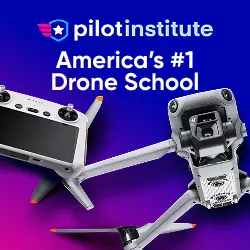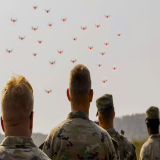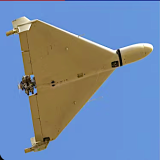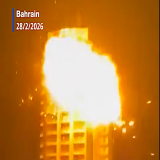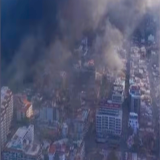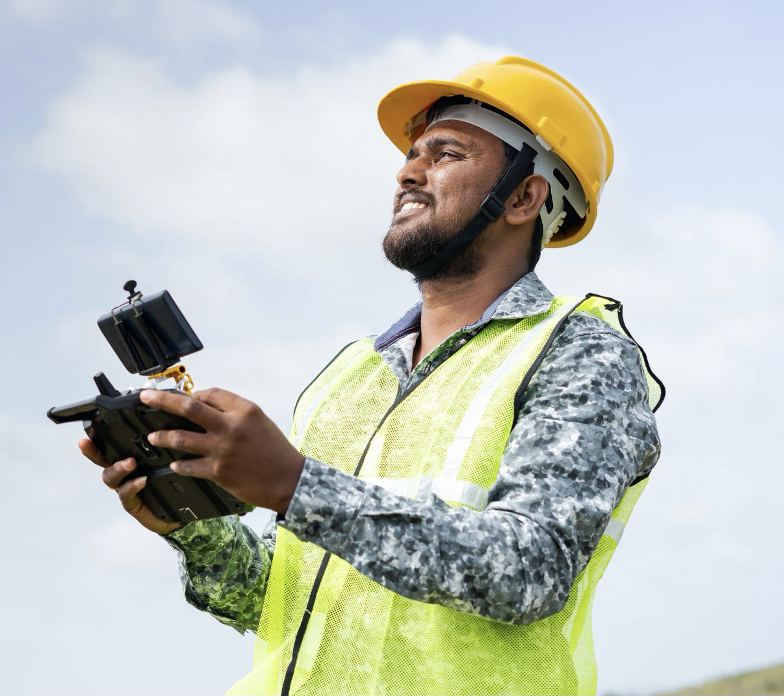
27 February 2024

By Timothy Brazzel
If you’re a real estate agent reading this article, then hiring top quality certified drone pilots matters to you!
As a real estate agent: Enhanced Property Presentation, Increased Engagement, Competitive Edge, Highlighting of Surrounding Amenities, and Cost-Effective Marketing are top priorities for you.
Therefore, when hiring a drone pilot for real estate work, there are several key factors that real estate agents should consider. Here are some important aspects to look for: Certification and Licensing, Experience and Portfolio, Knowledge of Local Regulations, Quality of Equipment, Insurance Coverage, and Understanding of Real Estate Needs.
My hope is that after you’ve read this article, you’ll have the information you need to hire the right drone pilot when searching the Droning Companies network database of certified professional drone pilots and operators. Let’s begin!
Certification and Licensing
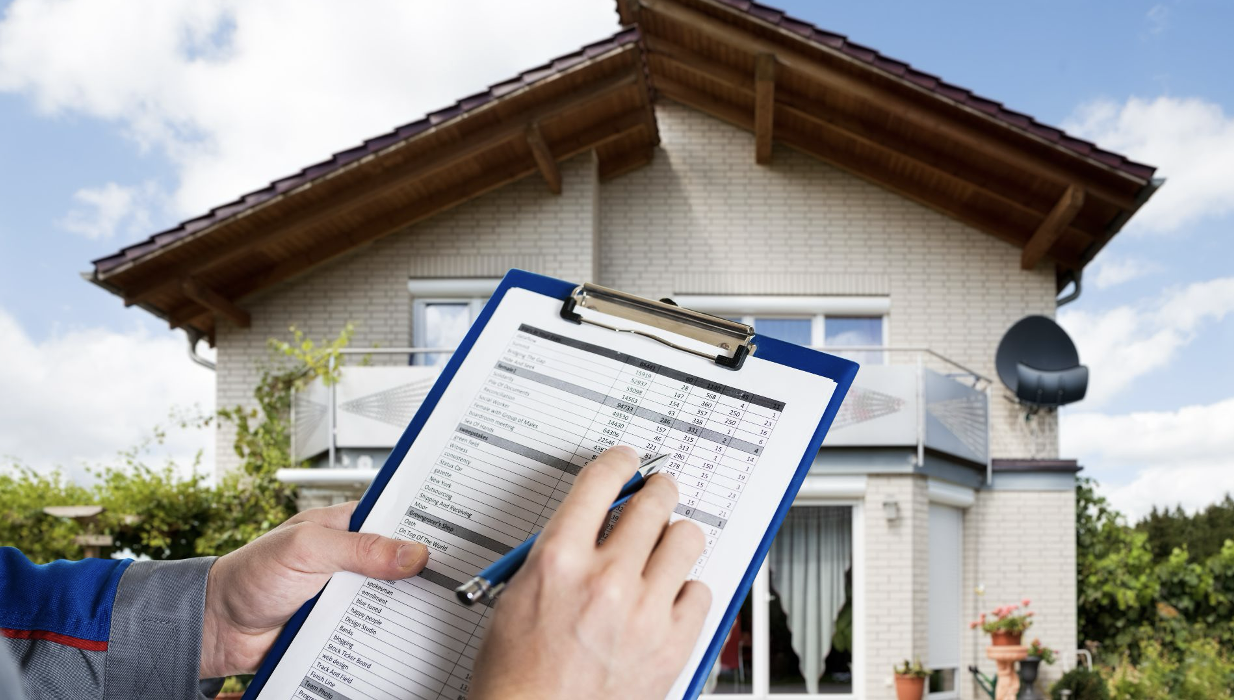
Ensure that the drone pilot is certified and licensed to operate drones commercially under 14 CFR part 107. This demonstrates a level of professionalism and adherence to regulations.
Drone certification and licensing refer to the process of obtaining official approval to operate a drone (unmanned aircraft) for various purposes. In the United States, the Federal Aviation Administration (FAA) governs drone regulations and issues certifications. The two main certifications are:
• Part 107 Remote Pilot Certificate: This certification is for commercial drone operators. To obtain it, you need to pass the Part 107 exam, which is a 60-question test that covers topics such as airspace regulations, weather, and safety procedures, etc. As a real estate agent, you should desire that the drone pilot shows you this certificate. Note: pay attention to the issue date as it doesn’t include an expiration date. However, each drone pilot who flies under Part 107, must take a recertification test every two years. So, it’s a good practice to make sure that you ask the drone pilot to provide there current (Part 107 Small Uas Recurrent – Certificate of Achievement documentation).
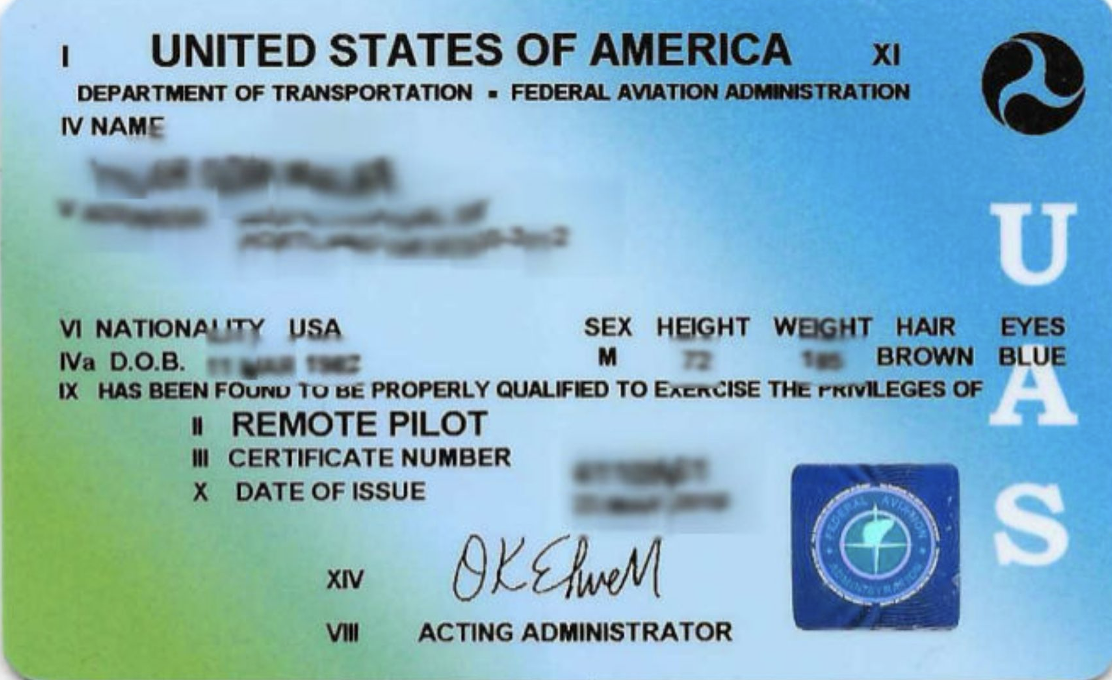
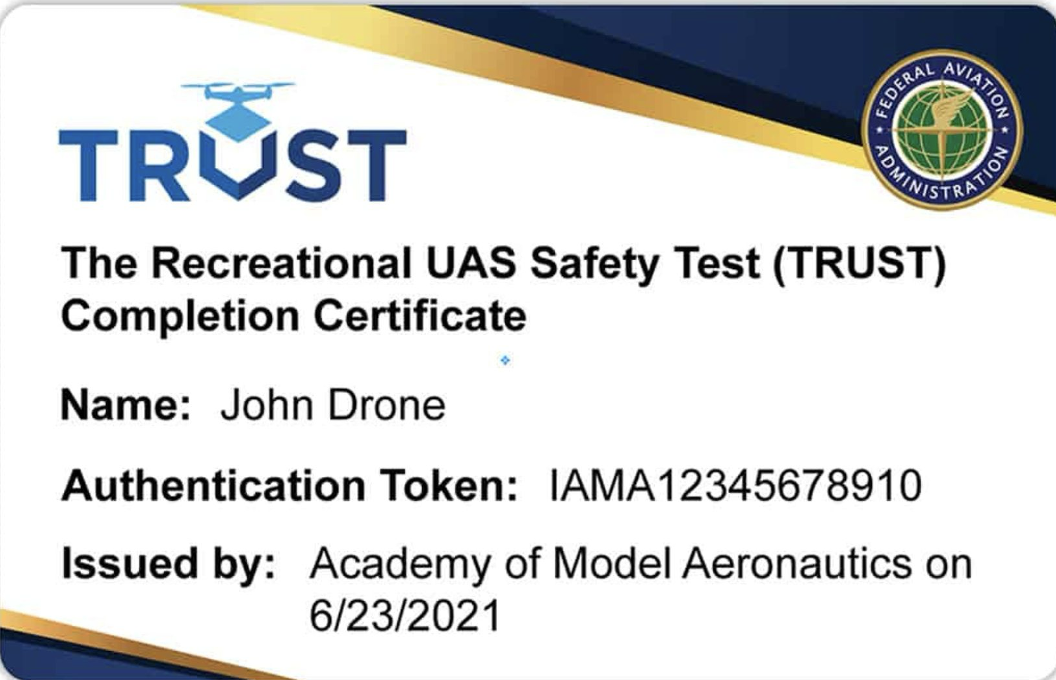
• Recreational Flyers Certification (TRUST): If you fly drones for recreational purposes, you can obtain this certification. It's a requirement for hobbyist drone pilots, and it involves passing an aeronautical knowledge and safety test. However, this certificate does not authorize the drone pilot to fly their drone for commercial purposes which would include any real estate work with a drone.
Make sure to comply with local regulations, as some areas may have additional restrictions or requirements. Being certified not only ensures that you are flying legally but also demonstrates a commitment to safety and responsible drone operation.
Experience and Portfolio
Look for a drone pilot with experience in real estate projects. Request a portfolio showcasing their previous aerial work, especially in real estate settings.
Here's what it generally means:
• Flight Skills: It involves having practical experience in operating drones. This includes skills in takeoff, landing, maneuvering, and controlling the drone safely.
• Showcasing Previous Work: Your portfolio would include samples of the aerial footage you've captured using drones. This could be footage from church events, outdoor gatherings, or scenic views that highlight your ability to use drones effectively in different settings.
• Demonstrating Creativity: A strong portfolio not only showcases technical proficiency but also demonstrates creativity in capturing unique and visually appealing shots. This could include dynamic angles, smooth camera movements, and well-framed compositions.
• Demonstrating Responsible Operation: Highlighting a good safety record in your portfolio is important. Emphasize your commitment to safe drone operation and adherence to best practices. This would include any records of pre-flight logs or maintenance logs.
• Knowledge of Drone Equipment: A good professional drone pilot should be able to showcase there familiarity with different drone models, cameras, and other relevant equipment, should the need to use a specific type of equipment be necessary to complete the real estate drone job. This includes understanding the capabilities and limitations of the equipment you use.
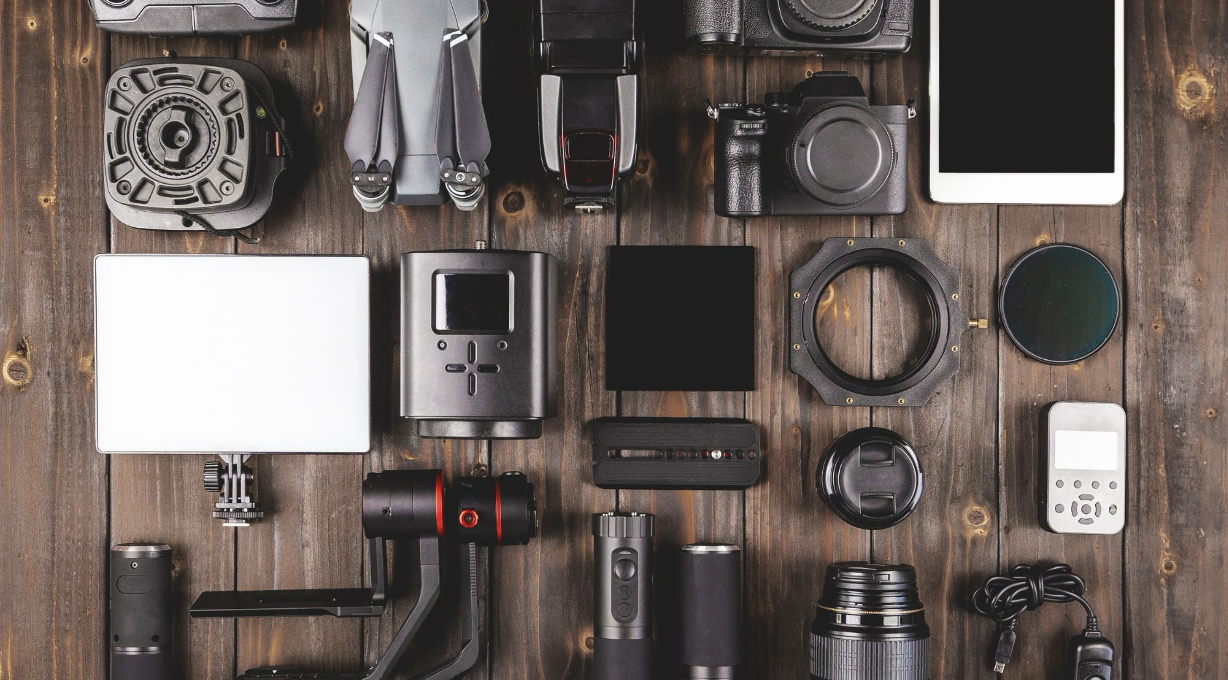
In summary, having drone experience and a portfolio signifies the drone pilot’s proficiency in safely operating drones, complying with regulations, and capturing visually compelling aerial footage.
Knowledge of Local Regulations
A good drone pilot should be well-versed in local and federal regulations regarding drone flights. This includes knowledge of no-fly zones and obtaining necessary permits.
Understanding and adhering to drone regulations, especially those set by the FAA, is crucial. This includes awareness of airspace restrictions, safety protocols, and any local regulations.
Quality of Equipment
Check the quality of the drone and camera equipment being used. High-resolution cameras and reliable drones are essential for capturing detailed and clear footage.
Insurance Coverage
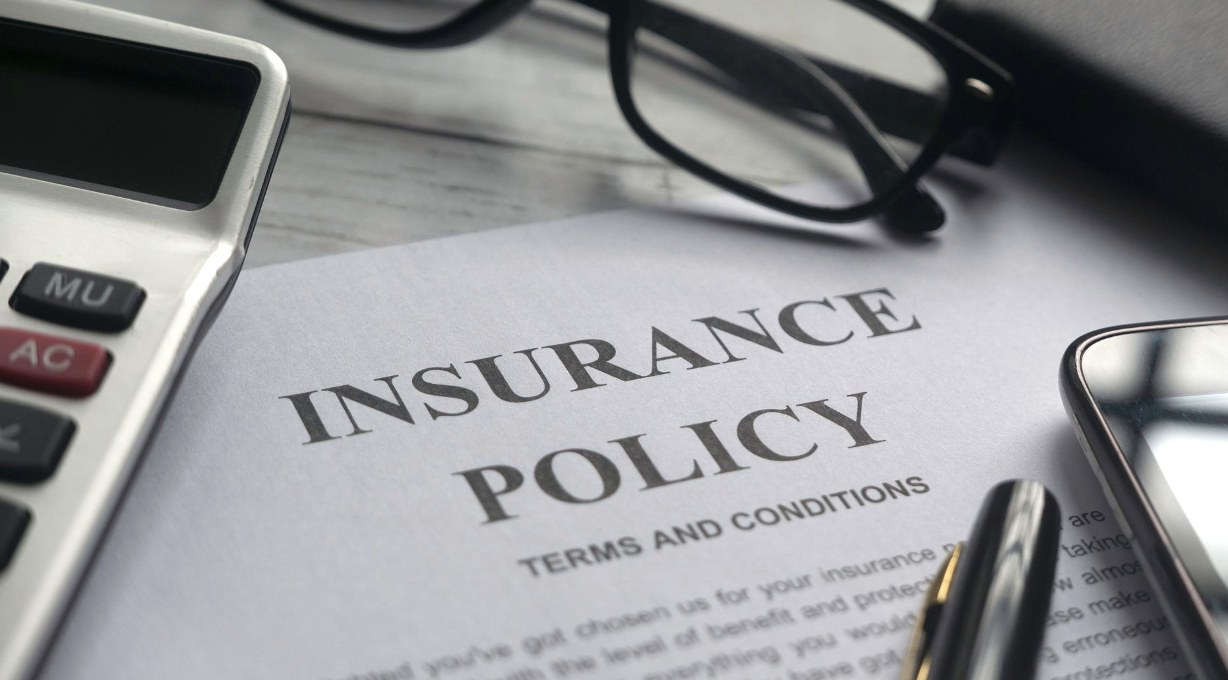
Ensure that the drone pilot has liability insurance. This provides protection in case of accidents or damage caused during the drone operation.
As a real estate agent, you might find that finding a certified drone pilot who is in insured at least with liability insurance is a benefit for both parties. A certified drone pilot, having insurance coverage when performing real estate work is essential and provides several important benefits and advantages, here's what those are:
• Property Damage: Insurance coverage helps protect against potential damage caused to the property or surrounding structures during drone operations. This is crucial, especially when capturing aerial footage in close proximity to buildings.
• Personal Injury: In the event that someone is injured as a result of the drone operations, liability coverage can help cover medical expenses and legal costs. This is important when flying drones in areas where people may be present.
• Drone and Equipment: Insurance can provide coverage for the drone itself and any associated equipment, such as cameras or other accessories. This is valuable in case of accidents, malfunctions, or theft.
• Professional Liability: E&O coverage can protect against claims of negligence, mistakes, or omissions in your work. For real estate work, this could involve disputes related to the accuracy of the captured footage or any potential misrepresentation.
• Legal Defense Costs: Insurance coverage often includes legal defense costs in case you need to defend yourself against a lawsuit arising from your drone operations. This can be particularly important in the litigious field of real estate.
• Client Assurance: Many real estate clients, including agents and agencies, may require drone operators to have insurance coverage before hiring them. Having insurance gives client’s confidence in your professionalism and responsible business practices.
Though this really applies to everyone, as a real estate agent, it’s important to note that insurance requirements may vary, and local regulations may dictate specific coverage amounts. As a certified drone pilot is concerned, who is involved in real estate work, obtaining, and maintaining appropriate insurance coverage not only protects both businesses, but also ensures a level of trust and reliability with your clients.
Understanding of Real Estate Needs
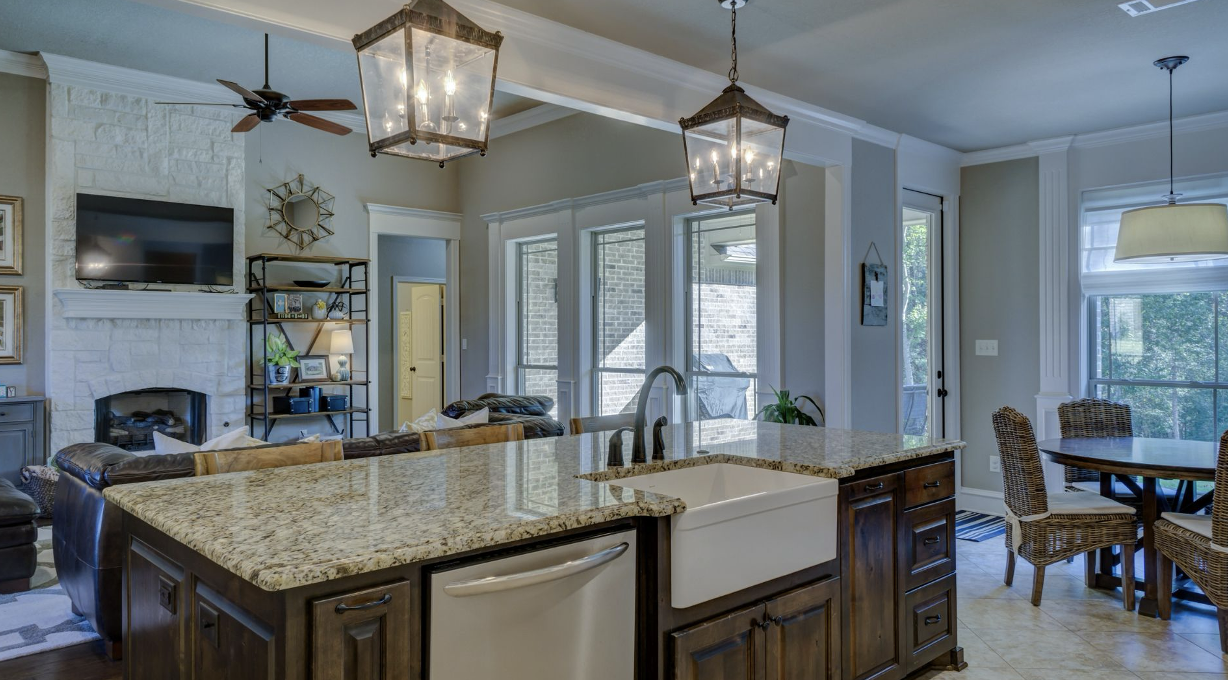
Choose a drone pilot who understands the specific needs of real estate marketing. They should be able to capture compelling footage that highlights the property's features.
Some drone pilots offer video editing services as part of their package. Assess their editing skills to ensure the final product meets your expectations. Having good editing skills as a certified drone pilot in the context of real estate work is crucial for creating high-quality, visually appealing content that effectively showcases properties. Here's what it means to have good editing skills in this context:
• Seamless Integration of Aerial Footage: A skilled editor can seamlessly integrate aerial footage into the overall video presentation. This includes smooth transitions between ground and aerial shots to provide a cohesive viewing experience.
• Color Correction and Enhancement: Editing skills involve color correction and enhancement to ensure that the footage looks vibrant and visually appealing. This can contribute to creating a positive impression of the property.

• Effective Storytelling: A good editor can craft a narrative flow within the video, guiding viewers through different areas of the property and highlighting key features. This storytelling aspect is important for engaging potential buyers.
• Attention to Detail: Editing skills allow you to focus on specific features of the property, such as landscaping, architecture, or amenities. Attention to detail enhances the overall presentation.
• Music and Audio Integration: Incorporating suitable music and audio enhances the atmosphere of the video. This can create a more immersive experience for viewers and contribute to a positive emotional response.
• Refinement: Editing skills involve refining the footage to eliminate any distractions or imperfections. This ensures a polished final product that reflects a high level of professionalism.
• Meeting Client Expectations: Real estate clients often have specific expectations regarding the style and quality of video content. Good editing skills enable you to meet or exceed these expectations, enhancing client satisfaction.
• Efficiency: Efficient editing skills allow you to deliver the final edited product within a reasonable timeframe. This is important in the fast-paced real estate industry, where quick turnaround times are often expected.
In summary, hiring a skilled yet versatile certified drone pilot who is good at editing real estate videos, means being able to transform raw footage into a polished, visually stunning video that effectively showcases the property. This skill set contributes significantly to the overall marketing and promotional efforts in the real estate sector.
Communication and Collaboration
Effective communication is crucial. The drone pilot should be able to understand your requirements and work collaboratively to achieve the desired results. Communication is key! There shouldn’t be any miscommunications if all necessary details are laid out for the drone pilot at the beginning. However, a good drone pilot who is a professional at drone real estate work, will ask the necessary questions he/she may have prior to conducting the job.
References and Reviews

Ask for references from previous clients or check online reviews to get insights into the drone pilot's reliability, professionalism, and the quality of their work. This is basically saying to look at past work down as it pertains to the field of real estate. Of course, everyone starts somewhere and there may be occasions where this might be the drone pilots first experience doing a real estate shoot. In that case, as the agent, you may still want to see their work, in order to get a clear understanding and feel if he/she can perform the job effectively or not.
Cost and Packages
Compare pricing structures and packages offered by different drone pilots. Consider the overall value, including the quality of work, equipment, and additional services provided.
Get the Right Pilot!
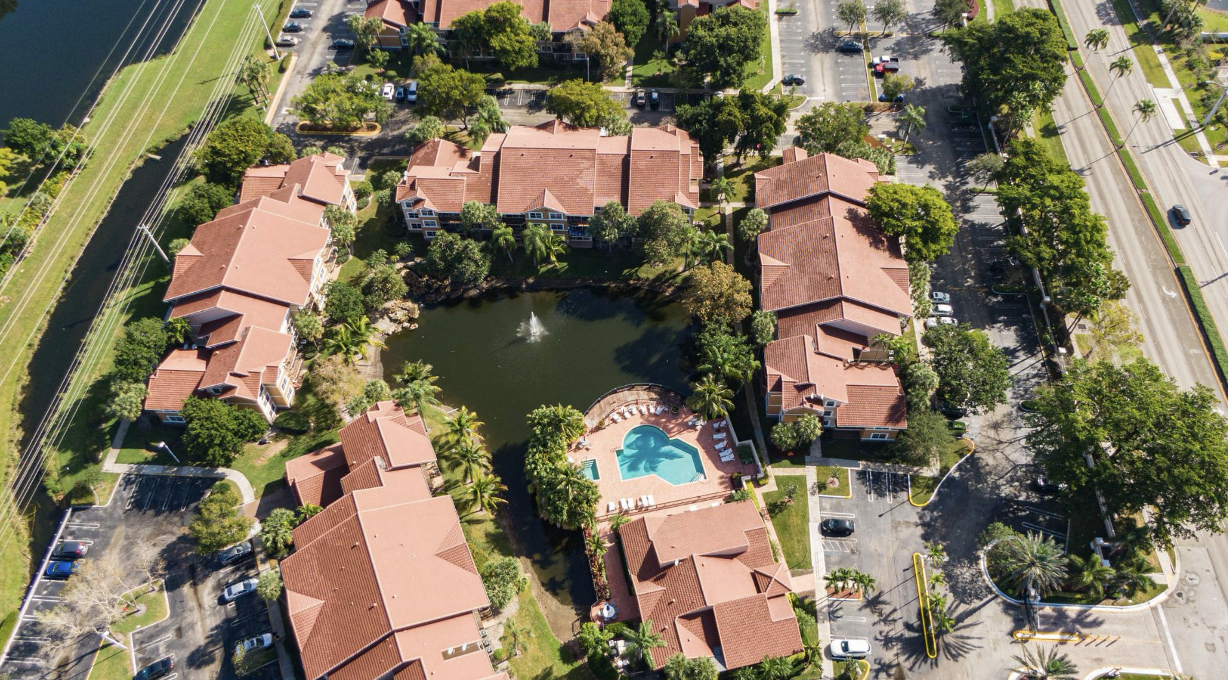
By carefully considering these factors, as a real estate agent, you can now hire a skilled drone pilot who can enhance their marketing efforts with stunning aerial footage.
And you can do this successfully through The Droning Company: http://Thedroningcompany.com

